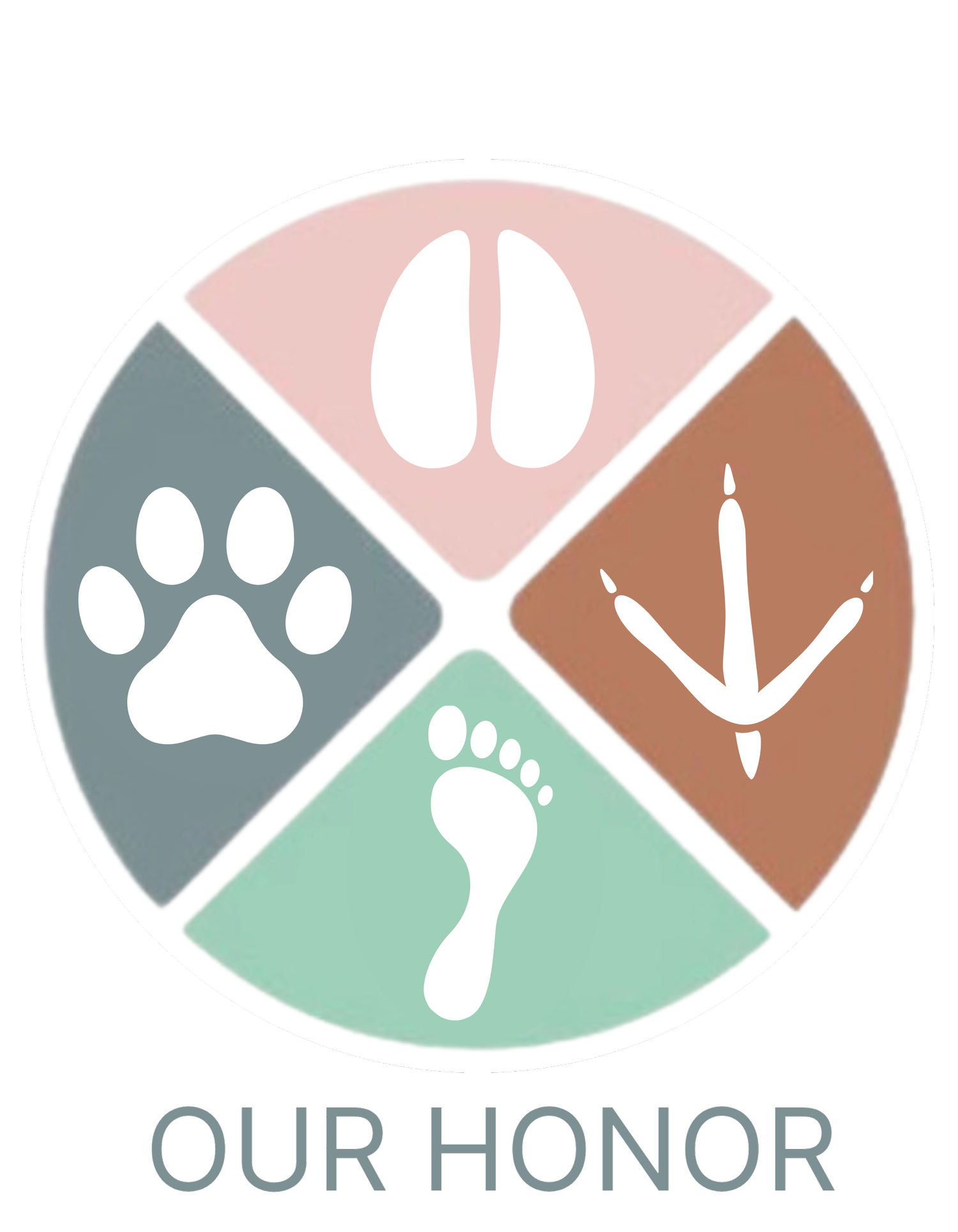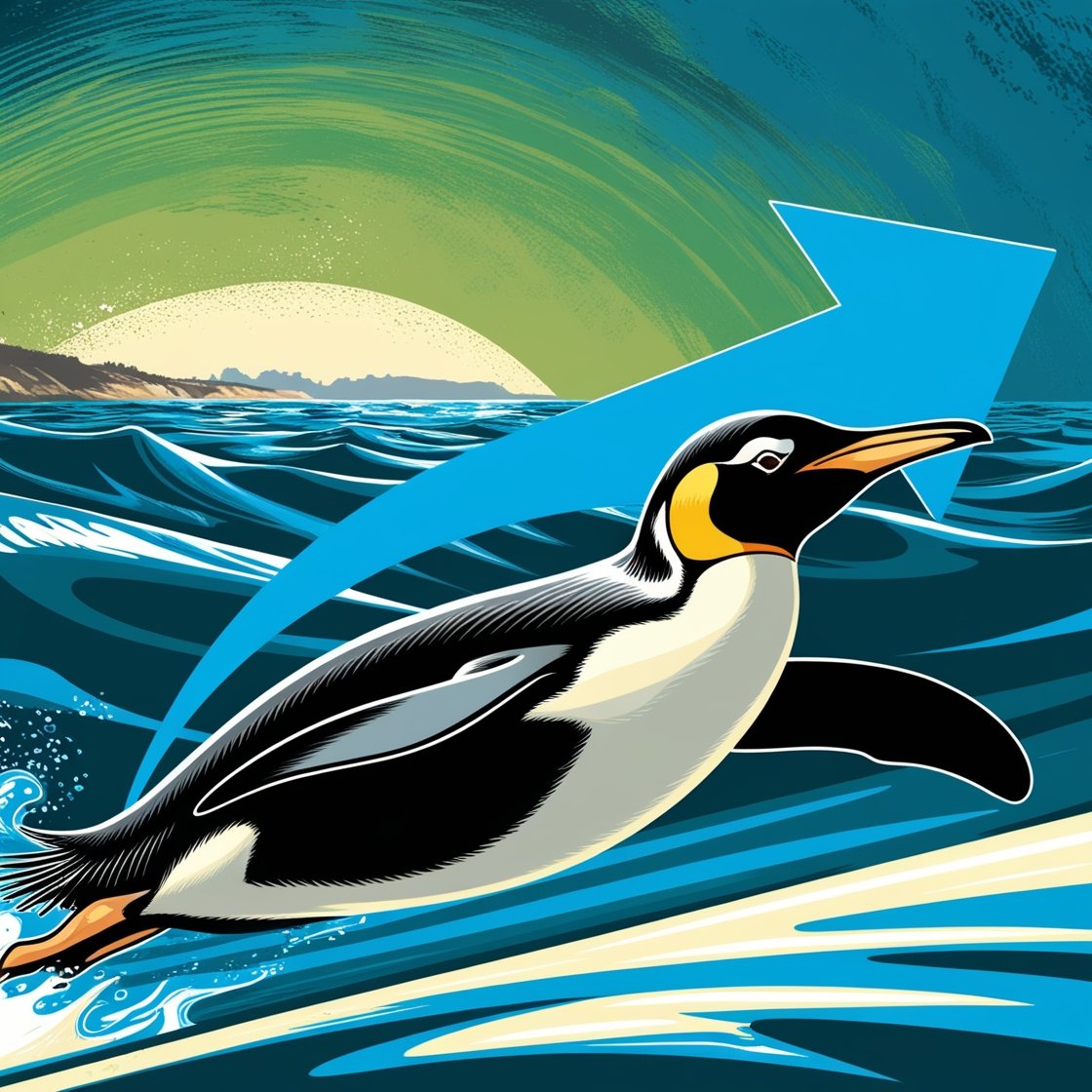The Wayward Emperor Penguin
Recently, an Emperor Penguin took a wrong turn and ended up in Australia, over 2,100 miles away from its Antarctic home. The smartphone footage of the tuxedoed visitor waddling along the coast brought smiles to everyone’s faces, but it also serves as a reminder of the interconnectedness of our world. It belies the unintended and unavoidable consequences of wildlife movements.
As of March 2024, Emperor Penguins have not tested positive for bird flu, but other Antarctic species haven’t been so lucky:
In December 2023 to January 2024, nine Adélie penguins, an Antarctic shag, and an Antarctic cormorant tested positive in Antarctica.
Gentoo penguins on the Falklands have also been affected.
In October 2023, ten penguins in South Georgia tested positive for bird flu.
The H5N1 strain of bird flu has been a particularly deadly threat to the poultry industry. Millions of commercially produced poultry birds have been depopulated to prevent outbreaks from spreading. But depopulation will not solve the bigger issue: our dependence on animal-derived protein products.
“Depopulation” is an industry euphemism for the mass culling of animals.
Instead of inducing heatstroke to millions of birds with ventilation shutdown, we could prevent these outbreaks by supporting animal-free food production.
Reduce the Risk of Disease Outbreaks: animal-free protein production is far less susceptible to zoonotic diseases.
Lower Environmental Impact: Animal-based protein production is one of the leading contributors to deforestation, greenhouse gas emissions, and water pollution.
End Wasteful Practices: By encouraging animal-free policies, we can reduce the waste associated with animal production and protect our planet’s resources.
Bird flu outbreaks affecting both wild species and domesticated poultry are a warning sign that we can no longer afford to ignore.

